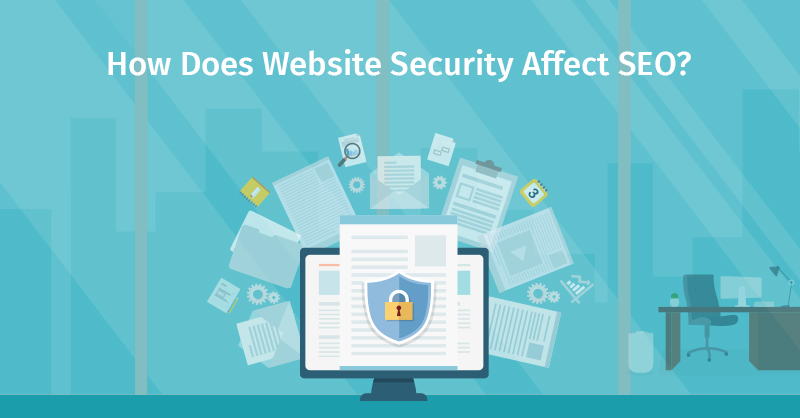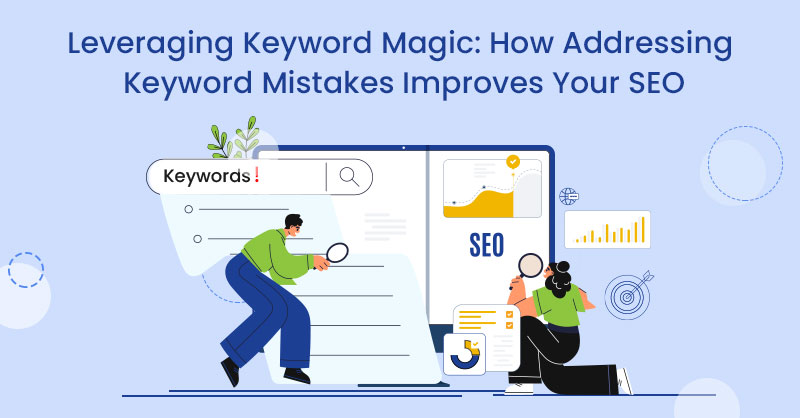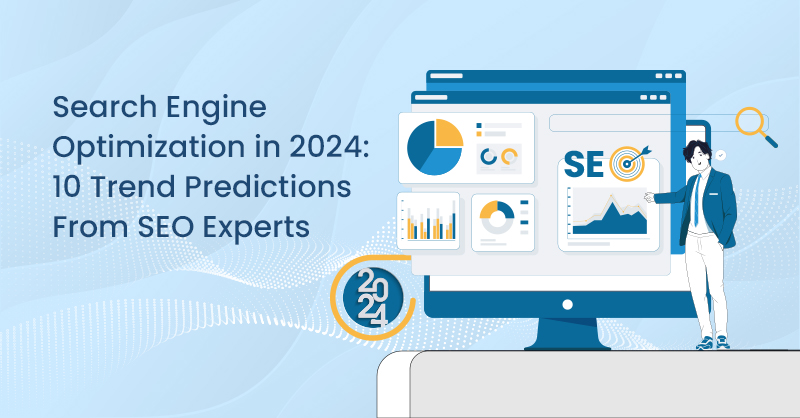Numerous factors influence SEO, and one of them is likely to be missed when optimizing your website.
The way people use the internet has evolved. Website protection is something you need to take seriously as a digital marketer. This is because online security (or lack of ) can have a direct impact on your SEO rankings.
If you have mastered a website's technical SEO and are now looking to move into the security aspect of that domain, you know that doing so is relatively easy.
Let's see how a lack of security may influence SEO.
1. Blacklisting
If your website is a target for an attack, the primary concern is not direct financial damage; it's that your website may distort SERPs and be subject to Google's manual penalties.
However, not all sites with viruses and malware get blacklisted in search engines.

The rankings of your website can still suffer, even without being blacklisted. Adding malware or spam to a website can only result in a negative outcome. Not flagging when malware is found on your website can lead to increased hacking probabilities and strict penalties, which is less than ideal.
Prevention is the only solution to ensuring your website is safe and your SEO stays ranking high.
2. Crawling errors
Bots will eventually be a major part of your website and application traffic. However, at least 19 percent of bots crawl websites for domain mining, vulnerability detection, or data theft.
Even if their attempts are ineffective, persistent automated software attacks will prevent Google bots from web crawling your site properly.
This is because the same bandwidth and server resources are also used by malicious bots.
Nevertheless, if your server is subject over a long period to repetitive, automated tasks from multiple bots, it may start throttling your web traffic. Your server may have to stop serving pages altogether in response.
If you find odd 404 or 503 errors for pages that are not missing at all in the Search Console, it may mean Google tried to crawl them, but your server has confirmed they are missing.
3. SEO spam
An internet survey revealed that more than 60 percent of hacked pages were specifically targeted for SEO spam purposes recently.
It may be an act of deliberate sabotage, or attempt to delete, deface, or capitalize on an authoritative website. In many instances, hackers manipulate existing vulnerabilities and use an SQL injection to obtain administrative access.
It can be catastrophic for this form of a targeted attack. Spam may invade the platform and it could get blacklisted. It can exploit clients and harm your brand image, which can be irreparable. There is no clear SEO penalty for domain defaults other than blacklisting. The outcome depends on the changes made afterward.
Some methods for SEO spam include using scraper bots to steal and duplicate content, email addresses, and personal information. Your website can eventually be hit by penalties for duplicate content, whether you are aware of this behaviour or not.
How to Reduce SEO Risks from Website Security
1. Install security plug-ins
For many websites, malware "bots" target pages more than 150 million times per week.
Infringements of malware protection will result in hackers stealing your data, and you losing access to your website. This does not only affect how your SEO ranks, but it also destroys your brand name. You can take the SEO ranking difficulty test here.
Wordpress Plugins can protect the website by stopping malware attacks from even entering. It will strengthen your site's security by fixing security flaws for each platform. It prevents all attempts of intrusion that could be on your website.
2. Use unique & strong passwords
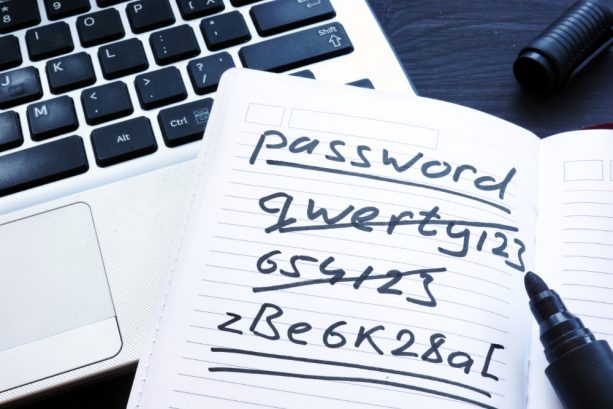
It's easy to find the most commonly used passwords online, whether it contains numbers, letters, or a combination of both. However, don't take risks that come with using a common password when dealing with your website.
Always make an effort to generate a strong password. This would have a combination of letters, numbers, and special characters. The longer your password is, the stronger it will be. Don't forget to keep your unique ID for your website security confidential.
3. Ensure the website is constantly updating
As we all know, Content management systems (CMS) provide a lot of benefits to websites. However, they also come with their own set of risks. Hackers can access the codes in these tools easily because they created them using open-source software programs.
For this reason, update your plugins, CMS and all other tools related to your website regularly!
4. Use valid SSL certificates
You may have noticed that some URLs start with "https:/," while others start with "http:/." The big question is, what's the difference?
In layman terms, it is a way to show that the link you have with this website is encrypted and secure. The tiny "s" is a technology we know as SSL.
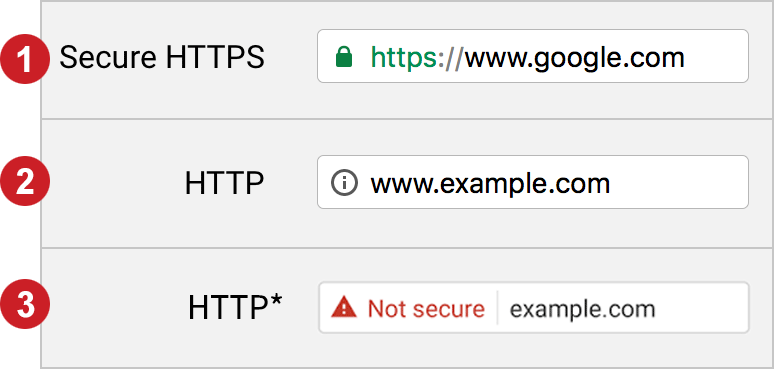
After Google Chrome's update in 2017, pages with "FORMS" but no SSL certificate are classified as unsafe. Secure Sockets Layer - or an SSL certificate - is the technology that encrypts the connection between a browser and a web server. It also protects the site from hackers and ensures that all data between a browser and a web server is private.
A standard website locks in the URL bar, but sites without SSL certificates have the "Not Safe" sign. This applies to any sort of website.
The main advantage of having Hypertext Transfer Protocol Secure (HTTPS) rather than Hypertext Transfer Protocol (HTTP), is that it provides users with a more secure connection that they can use to share personal data. It adds a security layer that is crucial if you accept any form of payment on your website.
To switch from HTTP to HTTPS, you will need an SSL certificate enabled on your website.
Once you have successfully installed and configured your SSL certificate on a web server, a green light will be shown by Google Chrome. This will act as a padlock by attaching the client to the webserver securely. This means that it will be difficult for them to decrypt it even if a hacker could intercept your data.
Having protection on your website may mean paying a small amount, but in the end, it will be more than worth it.
It's important to give users a better SEO experience. However, it's even more important to protect their data.
